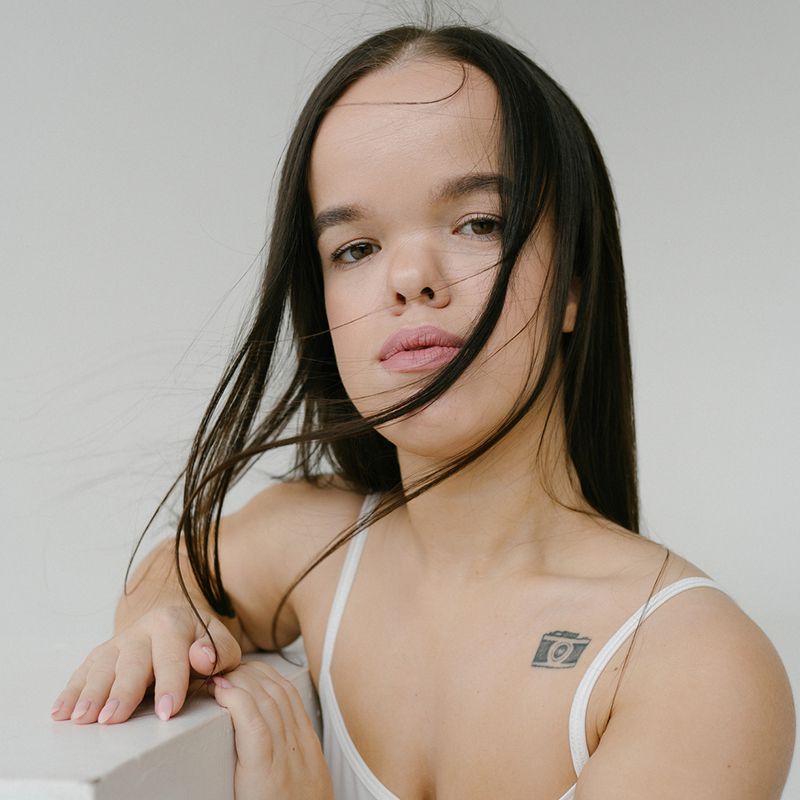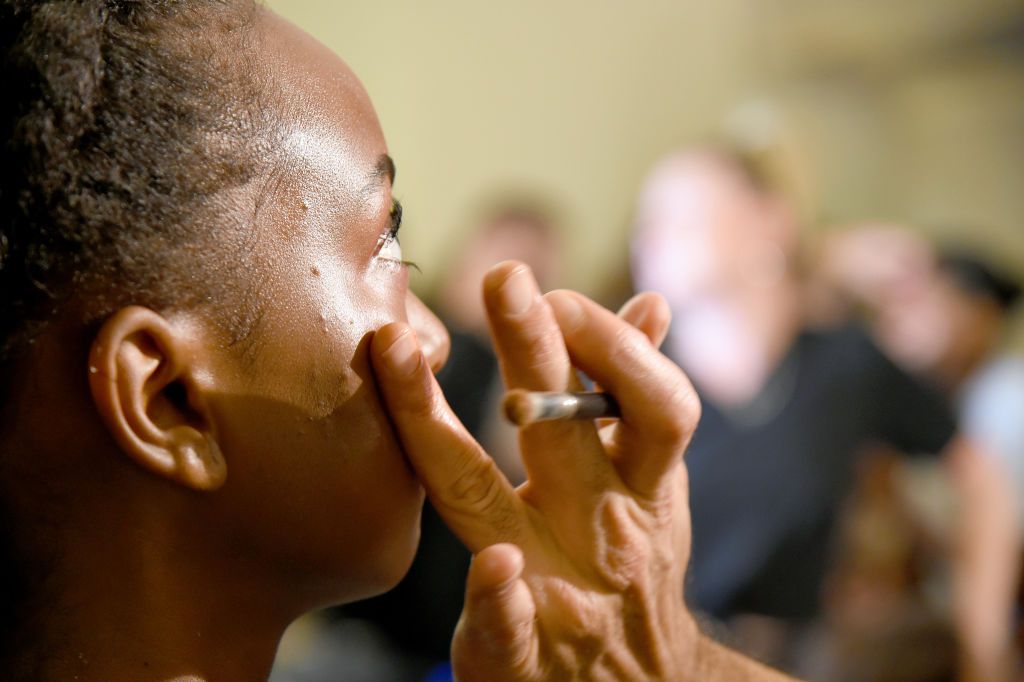Are There Mental Health Benefits to Memorial Tattoos? Experts Say Yes

To say the past year has been one of loss is an understatement. As of the end of January, well over 400,000 people have died of coronavirus. And unfortunately, the restrictions that are still in place in an effort stop the spread have complicated the grieving process quite a bit—funerals aren’t safe and neither is surrounding yourself with loved ones.
The practice of getting your loved one’s name along with some other piece of information—maybe the day they born and the day they died, for example—tattooed on an arm or other body part isn’t anything new. But this year, people are turning to memorial tattoos as a way to help them process loss. And according to mental health experts, this can actually be a very healing ritual that lasts well beyond the day you actually get the tattoo. Here’s everything you need to know about the mental health benefits of memorial tattoos.
Memorial Tattoos Are a Common Reaction to Loss
When we loss someone we love, we often feel powerless. There’s nothing to “do” about death, exactly, except wade through the stages of grief, and the act of getting a memorial tattoo can help us feel like we’re doing something. “I think loss, and grief in general, is such a complex and challenging experience to process,” explain Alison Stone, LCSW, a New York-based holistic psychotherapist. “A memorial tattoo can help us feel like we are ‘doing something’ about a situation so obviously out of our control.”
Rose Bleiweis, LSCW, echoes this sentiment. “A hallmark feeling of grief that can be difficult to cope with is loss of control,” she explains. “Deciding to get a memorial tattoo can be a powerful assertion of control that can be feel very healing.”
Meet the Expert
Rose Bleiweis is an independently licensed Clinical Social Worker (LCSW-C), contracted with Potomac Therapy Group. Rose believes that everyone can benefit from the time and space of therapy and values being a relatable, trusting support for all clients and the individuality of each client’s journey. Rose works with clients ages 14 and up and provides counseling to couples as well. She is also a board-approved clinical supervisor. You can follow her on Instagram here.
The Benefits of Memorial Tattoos
It certainly makes sense that a memorial tattoo would make a grieving person feel better in the moment. But what about after the fact? Do people every regret them? There may be some who do, and Stone notes that it depends on the individual, but Bleiweis believes these tattoos can be source of comfort for years to come. “I like to compare a memorial tattoo to other forms of remembrances such as naming a baby after a family member or keeping an urn on the fireplace mantle,” she explains. “In general, these memorials are a constant source of comfort that never seems to wear off and I think a tattoo is no different. We never carry anything with us all the time except for what is literally on our body, so having a memorial tattoo can be an ever present source of comfort.”
Stone also adds there can be a feeling of guilt once we start “moving on” from our grief—like the day you wake up and don’t have a sinking feeling in the pit of your stomach. “Tattoos can make us feel like we are taking steps to ensure that our loved one is never forgotten about; often there is a lot of guilt around the concept of ‘moving on’ once a loved one passes,” says Stone.
Memorial tattoos can also serve the purpose of being able to “share” the person you lost with others. “Our brains are constantly soaking in the sensory environment around us and making interpretations based on our own experiences,” says Bleiweis. “Ultimately, many people assign meaning to their tattoos that are personalized to them. Similarly, people assign meaning to their grief tattoos and may take pride in sharing that meaning with others or keeping it for themselves.”
The Bottom Line
According to Bleiweis, these tattoos serve a purpose and memorializing someone in such a permanent form that appeals to the senses can help us recognize that our loved one will never be forgotten.
This Is What Selena Gomez's Semicolon Tattoo Signifies









